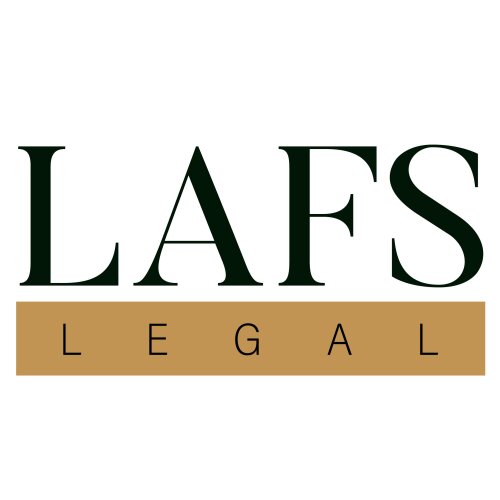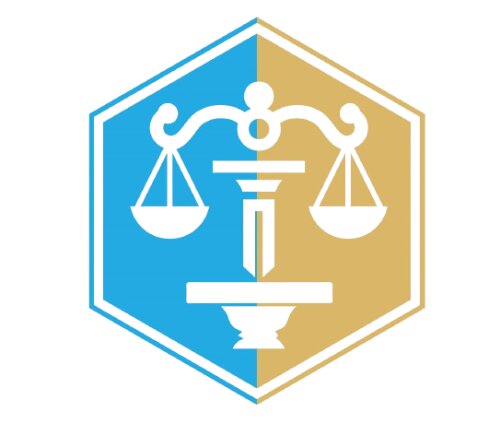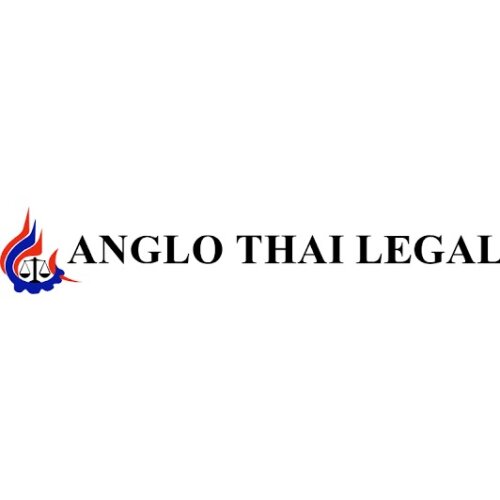Best Trusts Lawyers in Bangkok
Share your needs with us, get contacted by law firms.
Free. Takes 2 min.
List of the best lawyers in Bangkok, Thailand
Thailand Trusts Legal Articles
Browse our 1 legal article about Trusts in Thailand written by expert lawyers.
- Estate planning goes beyond wills
- Estate planning is an important if not essential task that everyone should be concerned about. This is especially true if you are married or have children, if you own a business or hold substantial assets that you want to protect if you pass away or are incapacitated, particularly in today’s... Read more →
About Trusts Law in Bangkok, Thailand
Trusts, while a common legal structure in many Western countries, have a unique footing in Thailand, where local laws and customs dictate their governance. Thailand's Civil and Commercial Code does not recognize trusts as they are typically understood in jurisdictions such as the United States or the U.K. Instead, the establishment and management of similar structures often fall under other legal instruments, such as contract and corporate laws. However, certain international legislations and practices might apply to expatriates or when involving international assets. As the concept of trusts evolves, understanding the specific application within Bangkok becomes crucial for managing or setting up an effective trust-like entity.
Why You May Need a Lawyer
Legal advice regarding trusts in Bangkok can be critical due to several factors:
1. Understanding Complex Legal Frameworks: Navigating the intricate legal environment, especially for expats or those with international interests.
2. Estate Planning: Ensuring that your assets are managed and transferred according to your wishes in a manner that complies with Thai law.
3. Asset Protection: Structuring your assets to minimize risk and ensure optimal management and protection.
4. Tax Efficiency: Receiving guidance to optimize tax obligations associated with estate and asset management.
5. Dispute Resolution: Handling any disputes that might arise within family or business contexts regarding trust arrangements.
Local Laws Overview
While traditional trusts are not explicitly recognized in Thai law, certain functions can be fulfilled through mechanisms like life insurance policies, corporate structures, and designated beneficiaries in wills. Key considerations include:
- Inheritance and Succession Laws: Govern how assets are transferred and may influence how a legal expert structures any arrangement analogous to a trust.
- Contractual Agreements: Tailored contracts can mimic some trust functions, but these necessitate detailed legal drafting and comprehension.
- International Treaties and Compliance: For trusts involving foreign nationals or cross-border assets, adherence to international treaties and compliance with both Thai and foreign laws is necessary.
Frequently Asked Questions
What is a trust, and is it recognized in Thailand?
A trust is a fiduciary relationship where one party holds property on behalf of another. In Thailand, traditional trusts are not fully recognized under local law, but similar objectives can be achieved through proper legal structuring.
How can I create a structure similar to a trust in Bangkok?
This can often be achieved through contracts, corporate entities, or specified beneficiaries under wills and insurance policies, but legal advice is essential.
Is creating a trust-like structure beneficial for expats in Thailand?
Yes, particularly for estate planning and international asset management, but understanding the specific Thai legal context is vital.
Can a trust help in estate tax planning in Thailand?
While direct "trusts" are not implementable, similar instruments can help in estate and tax planning. Guidance from a tax expert or lawyer familiar with Thai and international laws is advisable.
Are there specific laws governing trusts for Thai citizens?
No specific statutes or laws govern traditional trusts; general property, inheritance, and contractual laws provide guidance instead.
What role do international treaties play in setting up trusts in Bangkok?
They can affect trusts, especially if there's a cross-border element to assets or parties, necessitating careful legal compliance.
Do I need a Thai lawyer if my trust is based abroad but includes Thai assets?
Yes, consulting a Thai lawyer is advised to ensure compliance with local laws regarding any Thai-based assets.
Can corporate entities be used instead of trusts in Thailand?
Yes, corporations can be structured to achieve similar goals, but expert legal advice is indispensable to avoid any legal pitfalls.
What are the key challenges in establishing trust-like structures in Thailand?
The main challenge is navigating the absence of a formal trust law and ensuring arrangements comply with Thai property and inheritance laws.
Is there any movement towards recognizing trusts in Thailand?
While there have been discussions and proposals, significant legal reforms would be required to fully incorporate trusts in the manner known in other jurisdictions.
Additional Resources
- The Thai Bar Association: Offers resources and can recommend qualified legal practitioners.
- The Legal Execution Department: Provides information on inheritance and property-related matters.
- Expat forums and networks: Useful for shared experiences and recommendations.
- Thai Chamber of Commerce: Can offer advice for international business considerations.
Next Steps
If you require legal assistance regarding trusts in Bangkok, consider the following steps:
1. Identify your specific needs and objectives regarding asset management and succession planning.
2. Consult with a qualified lawyer experienced in Thai law and international estate management.
3. Prepare pertinent documents and information about your assets, residences, and any companies involved.
4. Evaluate legal advice and ensure it aligns with both your personal goals and compliance requirements.
5. Consider additional consultations for tax planning and cross-border legal implications if applicable.
Lawzana helps you find the best lawyers and law firms in Bangkok through a curated and pre-screened list of qualified legal professionals. Our platform offers rankings and detailed profiles of attorneys and law firms, allowing you to compare based on practice areas, including Trusts, experience, and client feedback.
Each profile includes a description of the firm's areas of practice, client reviews, team members and partners, year of establishment, spoken languages, office locations, contact information, social media presence, and any published articles or resources. Most firms on our platform speak English and are experienced in both local and international legal matters.
Get a quote from top-rated law firms in Bangkok, Thailand — quickly, securely, and without unnecessary hassle.
Disclaimer:
The information provided on this page is for general informational purposes only and does not constitute legal advice. While we strive to ensure the accuracy and relevance of the content, legal information may change over time, and interpretations of the law can vary. You should always consult with a qualified legal professional for advice specific to your situation.
We disclaim all liability for actions taken or not taken based on the content of this page. If you believe any information is incorrect or outdated, please contact us, and we will review and update it where appropriate.

















